Professor Gloria Abiodun Ayoola has reminded Nigerians that “the cure to many of the world’s toughest diseases might just be growing in our backyards.”
The renowned scholar from the Department of Pharmaceutical Chemistry, Faculty of Pharmacy, made this declaration on Wednesday, October 8, 2025, while delivering the 446th Inaugural Lecture of the University of Lagos (UNILAG), titled:
“Molecules That Heal: The Exploration of a Medicinal and Natural Product Chemist.”
The lecture, chaired by the Vice-Chancellor, Professor Folasade Ogunsola, OON, FAS, was held at the J.F. Ade-Ajayi Auditorium.
Exploring Nature’s Healing Power
An accomplished researcher in Pharmaceutical Analysis, Medicinal, and Natural Products Chemistry, Professor Ayoola led her audience on an enlightening exploration of nature’s pharmacy and the remarkable healing potential embedded in African plants.
From the African walnut, African star apple, and Efo Worowo (Senecio biafrae), to guava, mango, pawpaw, and bitter leaf, she highlighted the abundance of bioactive molecules with potent antioxidant, antibacterial, antidiabetic, and anti-inflammatory properties.
“Nature has never stopped giving,” she said, explaining that advances in chromatography, spectroscopy, and bioinformatics have revolutionized the ability of scientists to isolate and analyze complex bioactive compounds efficiently.
Tackling Antimicrobial Resistance
Beyond her work on plant-based compounds, Professor Ayoola addressed the global challenge of antimicrobial resistance (AMR).
She discussed her pioneering research on bisbiguanide analogues of chlorhexidine, showing how subtle molecular modifications can restore the effectiveness of older antibiotics against multidrug-resistant bacteria, including the notorious ESKAPE pathogens.
By merging ethno-medicinal wisdom with modern medicinal chemistry, nanomedicine, and computational techniques, she envisions a future where Nigeria and Africa play leading roles in global drug discovery.
Drawing inspiration from landmark plant-derived medicines such as morphine, quinine, paclitaxel, and artemisinin, Professor Ayoola stressed that discovering “molecules that heal” is not just a scientific pursuit but also a societal responsibility to harness nature’s gifts safely and sustainably.
“Nigeria is blessed with many molecules that heal,” she declared. “We only need to keep exploring, testing, and transforming them into medicines that improve lives.”
—
A Standing Ovation
Her thought-provoking lecture drew warm applause from colleagues, students, and guests — including the 9th Vice-Chancellor of UNILAG, Professor Tolu Olukayode Odugbemi, NNOM, OON, who praised her ability to blend deep scientific insight with relatable storytelling — a hallmark of scholarship rooted in both curiosity and compassion.
—
About Professor Gloria Abiodun Ayoola
Born on December 25, 1969, in Ibadan, Oyo State, Professor Ayoola began her education at Sacred Heart Private School, Ibadan, and proceeded to Federal Government Girls’ College, Oyo, and Modes Study Centre, Oxford, UK, where she earned her O’Level (1984) and A’Level (1987) qualifications.
She holds degrees from the UCL School of Pharmacy and the University of Bath, where she obtained her Ph.D. in Medicinal Chemistry in 1998. At Bath, she conducted pioneering research on cyclic-adenosine diphosphate ribose analogues, laying the foundation for her lifelong pursuit of therapeutic innovation.
Professor Ayoola joined UNILAG’s Faculty of Pharmacy in 2005 as Lecturer I and rose to the rank of Professor in 2018. A dedicated mentor, she has supervised over eight Ph.D. candidates and more than one hundred master’s and undergraduate students.
She recently concluded her tenure as Dean, Faculty of Pharmacy, having also served four terms as Acting Head of the Department of Pharmaceutical Chemistry. Her service extends across key university committees, including the Postgraduate School Board, Student Disciplinary Board, and Faculty Curriculum Review Committee.
Outside UNILAG, Professor Ayoola has held editorial and advisory positions, including:
Deputy Editor, Nigerian Journal of Health and Biomedical Sciences
Associate Editor, International Journal of Health Research
Editorial Board Member, Botany Research International and Journal of Phytology
Board Member, Meadow Hall Foundation Advisory Board
She is a member of several professional bodies, including the Pharmaceutical Society of Nigeria, General Pharmaceutical Council (UK), and Royal Pharmaceutical Society of Great Britain.
During her sabbatical at King’s College London, she served as Senior Research Fellow, supervising research on efflux-resistant biocides, an emerging field in combating drug resistance.
Her research has uncovered potent antimicrobial agents in the aromatic oils of cloves and tangerine, and advanced the green synthesis of metal nanoparticles from hog plums and Black Afara, both showing promising antimicrobial activity.
She has published over 50 peer-reviewed papers and received numerous accolades, including:
TETFund research grants (2021 & 2023)
Imperial Business School Executive Education Programme (2022)
Women for Africa & Cranfield University Leadership Training for Female Professors (2023)
Professor Gloria Abiodun Ayoola is happily married and blessed with four children.
—
Report: Isaiah Kumuyi
Photographs: Joshua Michael
—
© 2025 University of Lagos — Inspiring Scholarship, Excellence, and Innovation.
—
Would you like me to convert this into HTML format (for website upload) or Word/PDF format (for magazine or newsletter layout)?



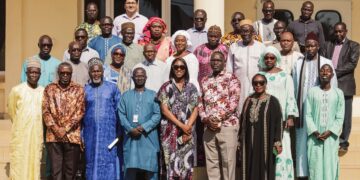
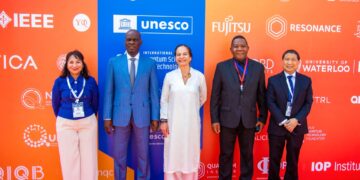

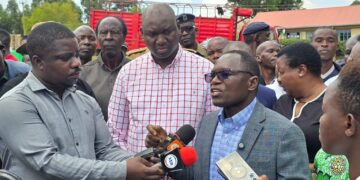























































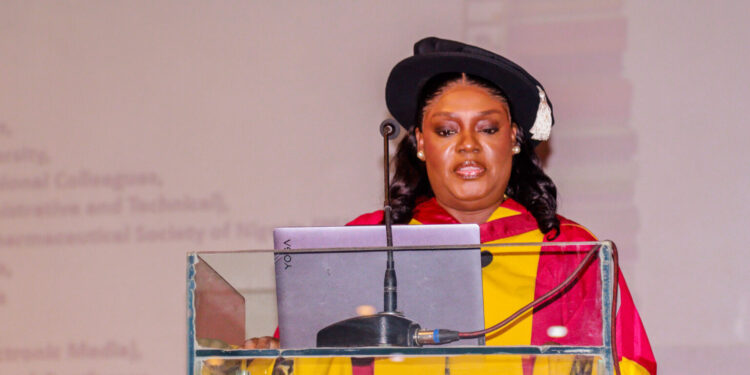








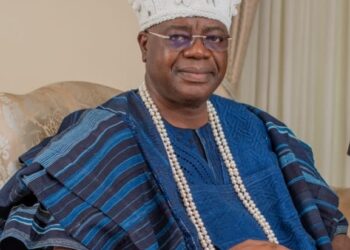
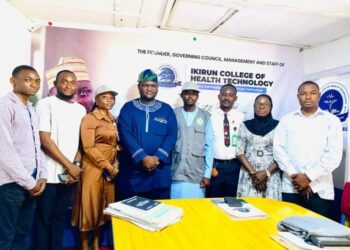










 EduTimes Africa, a product of Education Times Africa, is a magazine publication that aims to lend its support to close the yawning gap in Africa's educational development.
EduTimes Africa, a product of Education Times Africa, is a magazine publication that aims to lend its support to close the yawning gap in Africa's educational development.